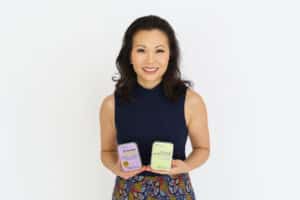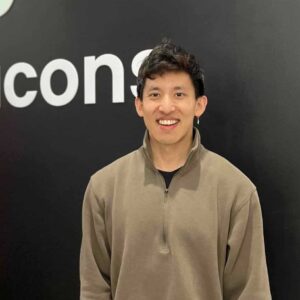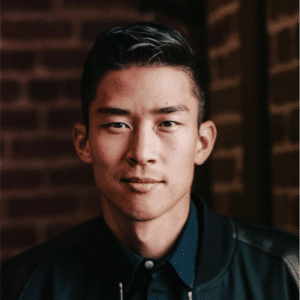Alaska’s Supreme Court judges are majorly based in Anchorage, and several of them are women who are now making up benches that are more reflective of the communities they serve.
“I think it’s important for us on the bench to reflect the community that we live in,” Judge Jo-Ann Chung, the first female Asian American judge in Alaska, tells Alaska’s News Source.
The Chinese-American judge lauds Alaska for striving to be a bench that dispenses equal justice, “Whether you have money, or don’t have money, no matter your color or ethnicity, or whether you’re an immigrant, illegal or otherwise, you would get to be heard here.”, And she feels like she does contribute to that country’s goal.
Alaskans have voted twice to retain the Anchorage District Court Judge, who was appointed in 2011.
Growing up in Boston, she described herself as a shy kid who spoke mainly only to close friends all the way through high school. That meant a career requiring public speaking would need more work on her side. For that reason, she became a public defender which meant that she had to do public speaking every day, “It probably took years, but eventually, I was better at it because I couldn’t get worse,” she wittily told Alaska’s News Source.
Chung said leaving her comfort zone was a significant step. She feels that’s made her a better lawyer, advocate, and judge over the years, which Alaskans have apparently seen in her as well.
By the time she graduated from Northeastern School of Law in 1994, according to Alaska’s News Source, she had worked in New Mexico, California, Hong Kong, and Alaska, where she was given a Court of Appeals clerkship before graduation. She subsequently worked at Alaska’s Public Defender Agency. She was an associate public defender in Kenai, an assistant attorney general in Anchorage for five years, and a deputy municipal attorney in the municipal prosecutor’s office.
Being both a public defender and prosecutor, for Chung, helped her to be able to see both sides, “But, you know, there’s no one like me on the bench. So when you’re looking for maybe a mentor or something like that, it’s harder.”
Mentorship is also important aside from getting out of your comfort zone, but finding someone for that might be challenging, she noted, especially when joining a minority-dominated business, but it can pay off.
Chung also advised finding a mentor who can take you through the process. She said that you won’t change your personality, but you’ll venture out of your comfort zone, do new things, and discover who you are.


